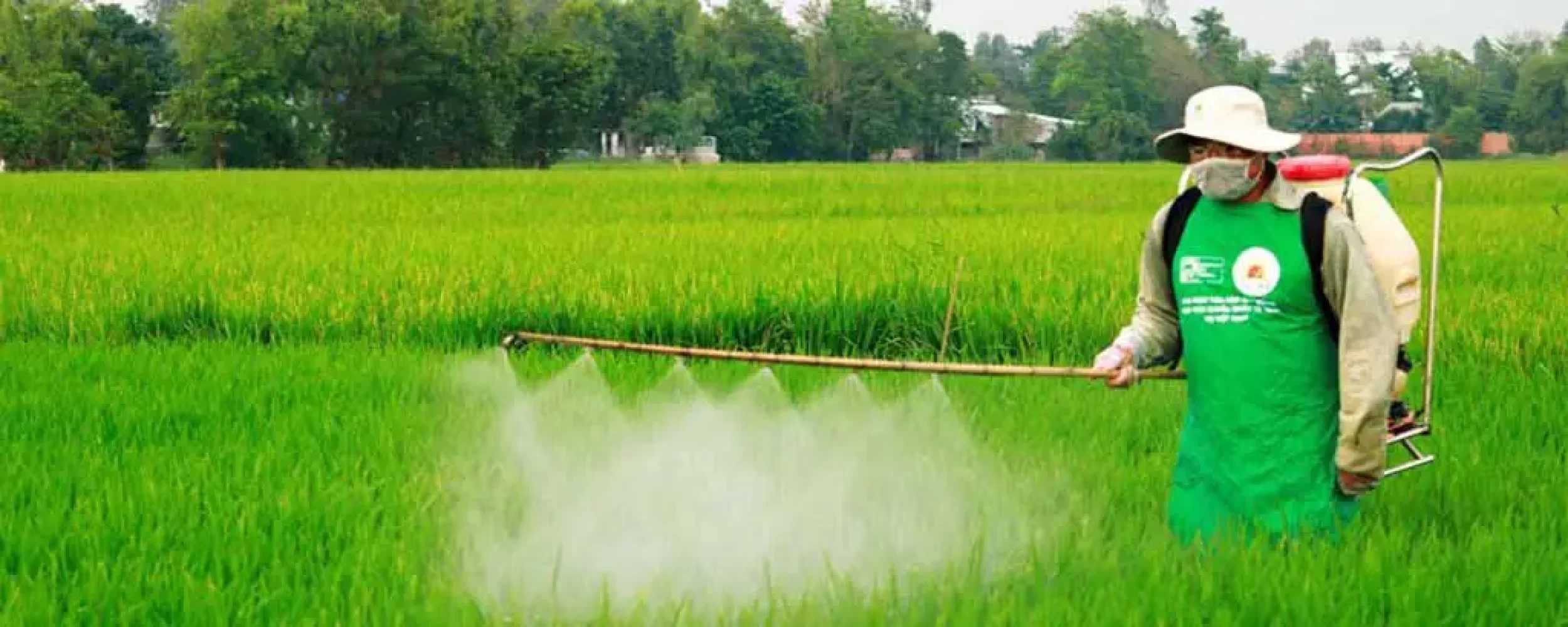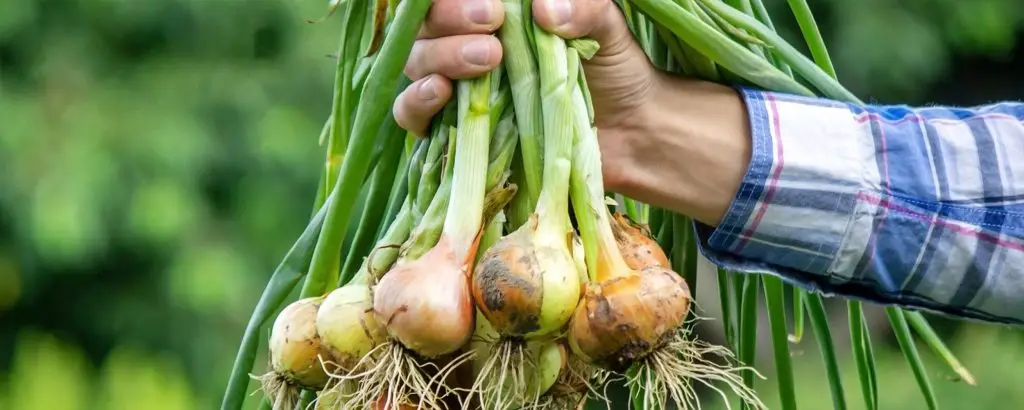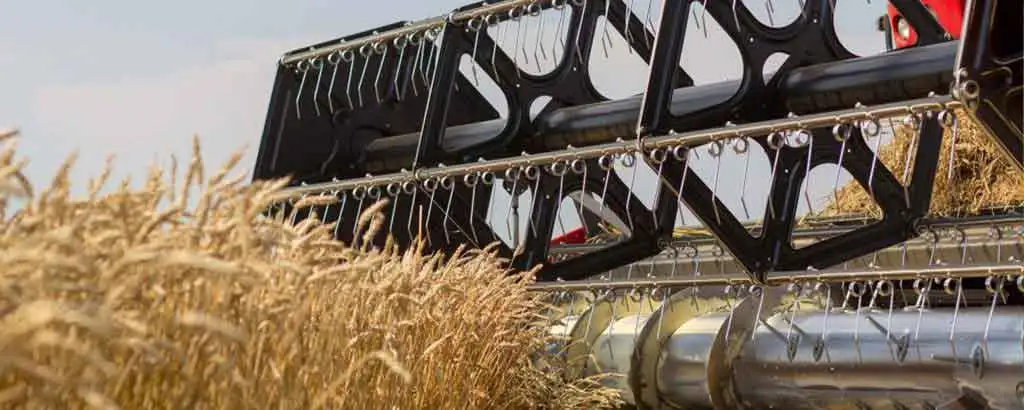Eco-friendly Farming is a crucial aspect of our lives, and the practices that we adopt have a significant impact on the environment. In recent years, there has been a growing concern for the plant’s health, leading to an increased adoption of eco-friendly farming practices. Eco-friendly Farming practices aim to reduce the environmental impact of farming while maintaining productivity and profitability. In this blog, we will discuss the Eco-friendly Farming practices that you should adopt to promote sustainability.
Top 10 ECO-Friendly Farming Practices:
- Crop Rotation: This is a vital practice that Includes seeding different crops in the same field in a specific sequence. This eco-friendly farming practice helps to reduce soil erosion, control pests and diseases, and increase soil fertility.
- Organic Farming: Organic farming includes the use of natural fertilizers and pest control methods to produce crops. It avoids the use of synthetic chemicals, which are harmful to the environment and human health.
- Conservation Tillage: Conservation tillage is a practice that Includes minimal disturbance of the soil during seeding. It helps to reduce soil erosion, improve soil quality, and conserve water.
- Composting: Composting Includes the decomposition of organic matter to produce a nutrient-rich soil amendment. It helps to reduce waste and improves soil fertility.
- Integrated Pest Management: Integrated Pest Management (IPM) is a comprehensive approach to pest control that Includes the use of biological, cultural, and chemical control methods. This approach helps to reduce the use of harmful chemicals and promote a healthy ecosystem.
- Water Conservation: Water conservation practices involve the efficient use of water resources in farming. These practices include the use of drip irrigation, rainwater harvesting, and soil moisture sensors.
- Agroforestry: Agroforestry Includes the integration of trees into farming systems. This practice helps to reduce soil erosion, moreover, it improve soil fertility, and provide habitat for species.
- Cover Cropping: Cover cropping is a practice that Includes seeding crops to cover the soil between main crops. It helps to improve soil fertility, moreover, it reduce soil erosion, and provide habitat for beneficial insects.
- Renewable Energy: The use of viable energy sources, such as solar panels and wind turbine, can help to reduce the carbon footprint of farming operations.
- Crop Diversity: Crop diversity includes the seeding of different crops in a farming system. It helps to reduce the risk of crop failure, moreover, it improves soil fertility, and ultimately, it provides a more diverse range of products.
Conclusion:
In conclusion, adopting eco-friendly farming practices is vital for promoting sustainability in agriculture. These practices help to reduce the environmental impact of farming while maintaining productivity and profitability. By apply these practices such as: crop diversity, viable energy etc. Farmers can present to the keep of the plants health for future generations.







